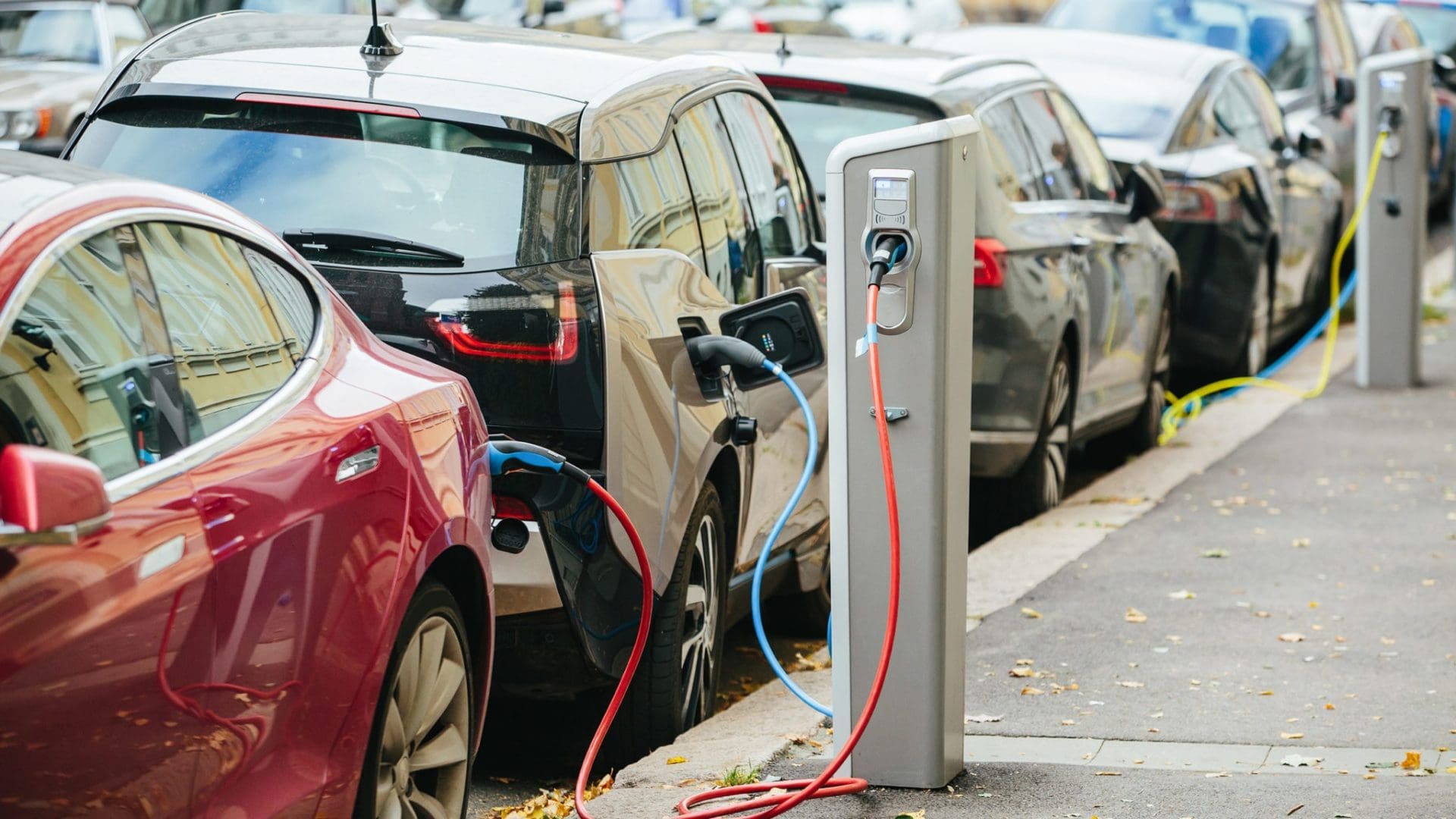Electric cars in Hungary are becoming increasingly popular. However, the more cars people buy, the more charging stations are needed. The country currently does not have enough of them, but a rapid expansion in this necessary infrastructure is imminent.
From the start of 2020, Hungary currently has three times as many cars on the street with green licence plates. Most of these cars are fully electric – not hybrid. After 2035, cars that utilise internal combustion engines will not be sold in the EU anymore. However, this does not mean that all cars using fuel will disappear, but it means that new ones will not be allowed to be sold. The details, however, are not yet set in stone and a great deal of uncertainty still surrounds the new legislation. Since hybrid cars also utilise a combustion engine next to their electric power units, it is not clear whether they fit into the new regulations. The same question applies to cars that use hydrogen as fuel.
Purely electric cars are also being critiqued, since many are of the opinion that while they help local emissions and their global environmental impact is the same as any normal car. Furthermore, these types of vehicles are not produced in a carbon-neutral environment, and while the companies strive to turn their factories green, it is proving to be a challenging task that not all manufacturers can manage.
The undeniable fact about electric cars, however, is that they are rapidly spreading on Hungarian roads, thus, they need to be provided with more chargers than they currently can access. According to data from the end of 2021, there are roughly 2000 functioning public charging stations in the country. The government aims to increase the number of fast-charging stations by seven to eight times in the next few years.
The plan is to create 220 charging ports in over 70 locations in the country, while also planting 165 e-charging stations at Budapest Airport
As part of an EU proposal, Hungary applied for a financial backing of 110 billion Forints, in 17 projects for network-upgrades, where they won funding for 5 of them. One of these projects aims to increase the number of the currently existing 30 super fast chargers that provide at least 150 kilowatts of power. The plan is to create 220 charging ports in over 70 locations in the country, while also planting 165 e-charging stations at Budapest Airport available for vehicles used on site, such as staff vehicles. The expansion is also backed by the ever-increasing number of vehicles with green licence plates in the country. Their number has increased by a staggering amount in a year. At the end of last year, this number was roughly 28 thousand, while today, by the end of June the amount increased to over 53 thousand – almost doubling it. Furthermore, the increase from the start of 2020 is almost three times as much.
The government has frequently expressed that its goals include turning Hungary completely carbon neutral by 2050. To achieve this goal, focus must be turned towards traffic and transport that currently provides one fifth of carbon-dioxide emissions, even though personal vehicles only make up a fraction of it. For the same reasons the government has financially supported the purchase of electric vehicles by 20 billion Forints in the last years. They also mentioned that the spread of green vehicles is onlysustainable if enough charging stations are made available for them in the future. Therefore, they strive to inspire these purchases through legal venues as well. Before the EU proposed it, Hungary already made it obligatory to build chargers at shops, parking garages, offices and newly built apartment-complexes.
In conclusion, with its increasing number of electric vehicles, Hungary is paving the way towards becoming carbon-neutral by 2050. Creating more charging stations urges those who are looking to buy new cars to think about electric. The more electric cars the drivers purchase, the more chargers will have to be built. This creates a loop of supply and demand that provides a great way into reducing emissions in the cities.







